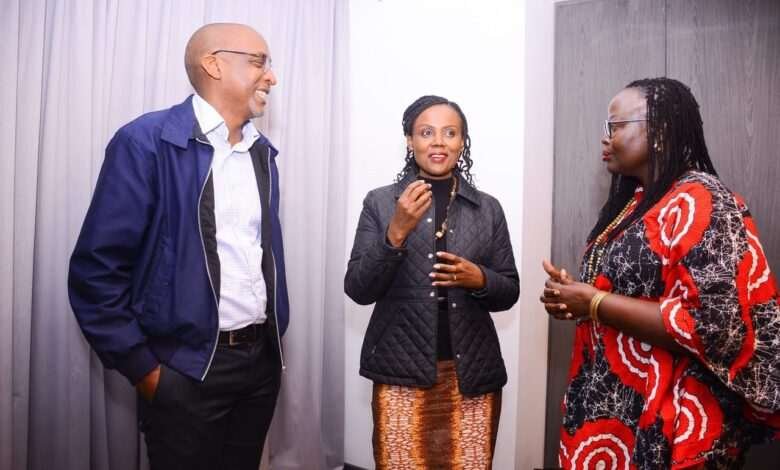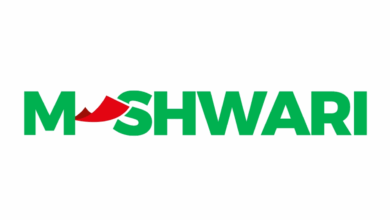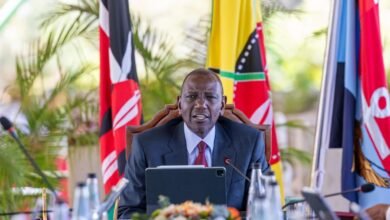
A call for a major upgrade in infrastructure to support the integration of artificial intelligence (AI) in Kenya’s higher education system was the focal point of a recent workshop in Nairobi. The event, organised by the Microsoft Africa Development Centre (ADC) in collaboration with the Kenya Education Network (KENET), brought together a diverse group of stakeholders, including academics, policymakers, and researchers, to discuss the role of AI in transforming teaching and research.
Addressing Infrastructure Gaps
At the workshop, the urgent need for improved infrastructure within universities was underscored as a critical step towards the seamless adoption of AI technologies in classrooms and research projects. Microsoft ADC’s Managing Director, Catherine Muraga, highlighted the importance of AI in the evolving educational landscape and stressed the pivotal role of both private-private and public-private partnerships in overcoming existing barriers.
“One of the most pressing challenges for universities is the availability of robust infrastructure to handle the collection and storage of local data, which is essential for training AI models that can be deployed in educational and research settings,” Muraga explained.
Themes of Discussion
The discussions at the workshop were organized around four main themes:
- AI Skill Development: There’s a recognized need to cultivate AI skills among students and faculty to keep pace with technological advancements.
- Improving Pedagogy Through Research: AI can play a significant role in enhancing educational methodologies and outcomes.
- Role of AI in Research: The integration of AI tools can significantly boost the capacity and efficacy of research conducted in universities.
- Infrastructure Requirements: The establishment of a robust AI infrastructure is imperative for the widespread adoption of AI technology in academia.
Prof. Meoli Kashorda, the executive director of KENET, praised the strides made by educational institutions in bolstering AI-related infrastructure and called for further investment and innovation. “AI tools are increasingly being utilized by our students and lecturers. The challenge now is to democratize access to these tools across all of higher education,” Kashorda said. He emphasised the need for significant resources to scale up AI infrastructure to fully leverage AI in academic research.
Educators at the workshop acknowledged the potential of AI in education but emphasized the importance of ongoing professional development. Ensuring educators are equipped with the necessary skills to integrate new technologies into their teaching methods is essential for the effective use of AI.
Focus on Responsible AI
The workshop also highlighted the necessity for responsible AI development that promotes inclusivity. Experts argued for investments in the processes of collecting, sorting, storing, and processing datasets that reflect the diverse contexts of African settings. They advocated for the formulation of policies and guidelines governing the use of AI in educational institutions.
“As KENET, we have already funded the development of case studies showcasing the use of AI in teaching computer science. We plan to expand this initiative to demonstrate AI’s potential across other disciplines,” added Kashorda. He believes these case studies will help shape the opinions of higher education leaders into policies that promote wider AI adoption.
The insights from the workshop will be distilled into a white-paper addressing the challenges and opportunities of AI in higher education, which aims to offer concrete recommendations for its widespread implementation in universities and colleges. This endeavour is part of a series of initiatives launched by the Microsoft ADC to enhance technical skills within and outside the technology ecosystem.
Featured Photo Caption:
L-R Michael Niyitegeka, Executive Director, Refactory Academy, Uganda, Catherine Muraga, Managing Director,Microsoft Africa Development Centre (ADC), and Dr Ojwang’ Alice Achieng’, Academic Team Leader in the Department Of Human Nutrition and Dietetics at the Technical University of Kenya, during a workshop on AI in higher education convened Microsoft ADC in partnership with the Kenya Education Network (KENET). The workshop brought together faculty, researchers, tech professionals, and policy makers to deliberate on the adoption of AI in teaching and research.






